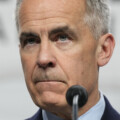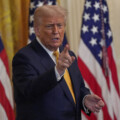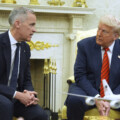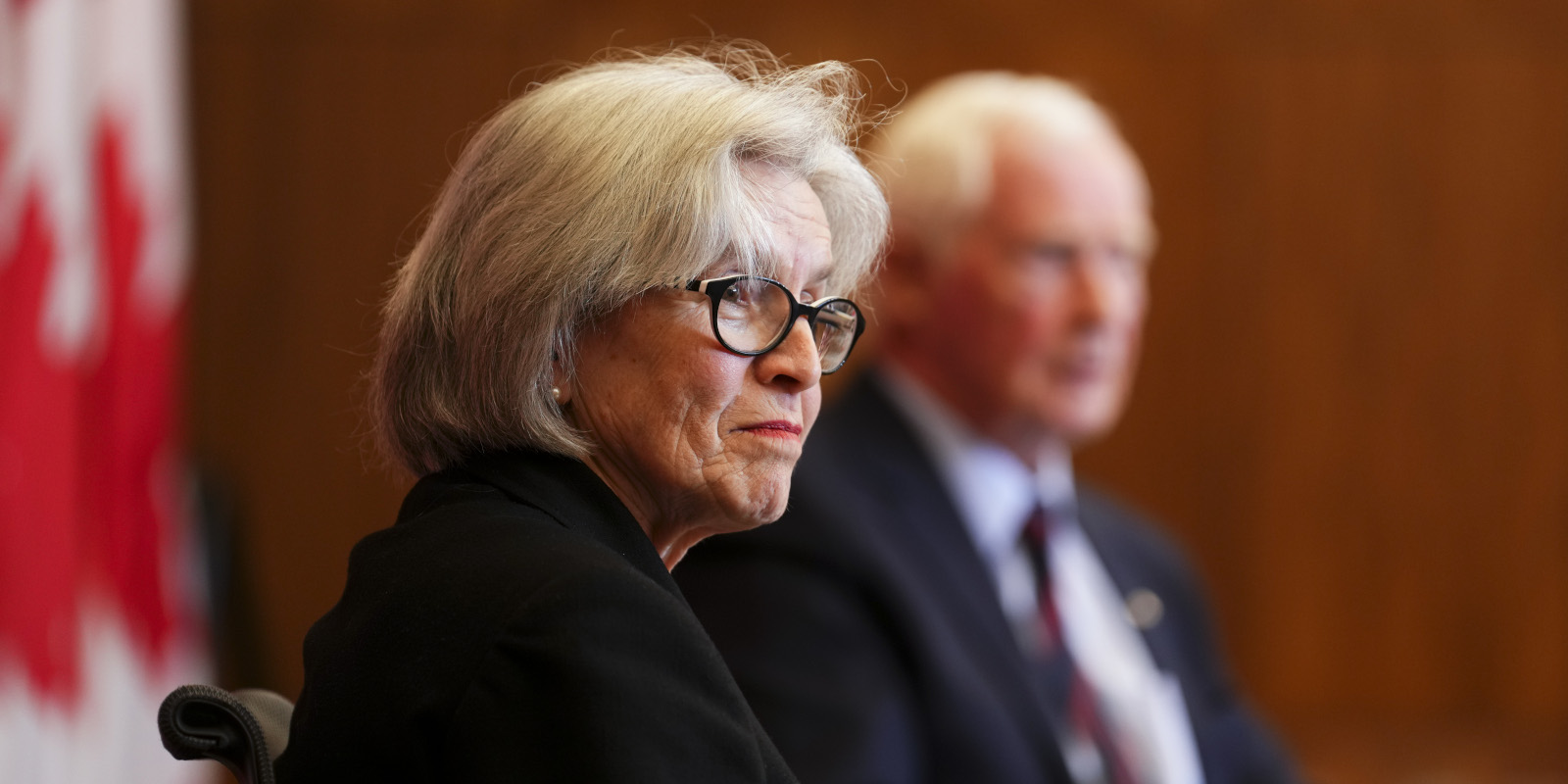David Johnston appeared before members of Parliament on Tuesday to defend his conclusion that Canada doesn’t need a public inquiry into foreign interference in the country’s elections, but found himself handling accusations of multiple conflicts of interest in his role as “special rapporteur.”
Opposition MPs went deep into his history with the Trudeau family and also targeted a new potential conflict after the Globe and Mail reported that his lead counsel for the election interference report had donated thousands of dollars to the Liberal Party over the last 20 years.
Here’s what you need to know about the new revelations and Johnston’s appearance at the standing committee on procedure and House affairs on Tuesday.
A new conflict of interest allegation
MPs from the three major opposition parties zeroed in on Sheila Block, a Toronto lawyer who served as lead counsel for Johnston’s investigation into foreign interference, for her recent donations to the Liberal party.
“The fact that the lead counsel has repeatedly donated to the Liberal Party and attended a fundraiser with the prime minister as late as 2021, this appearance of bias, to a reasonable person, would undermine the work that you’re hoping to do. That work cannot be achieved because of the appearance of bias,” said NDP Jagmeet Singh.
Conservative MP Michael Barrett pressed Johnston on the allegation of Block’s potential conflict of interest but Johnston rejected the claim.
“I do not see a conflict. Sheila Block is a preeminent counsellor… She is renowned for the quality of her work and it’s certainly important work that is done well,” said Johnston.
NDP MP Peter Julian asked Johnston whether he was aware of Block’s history of donating to the Liberal Party.
“I wasn’t aware of her donation history and it wouldn’t have occurred to me to inquire into that because her reputation and integrity is impeccable and continues to be so in my view,” said Johnston.
Canadians may not get a definitive answer any time soon: the Office of the Conflict of Interest and Ethics Commissioner is currently vacant.
The former commissioner, Mario Dion, stepped down in February, and Martine Richard, the interim commissioner, stepped down after controversy erupted because she was the sister-in-law of a cabinet minister.
Ski vacations and adjacent cottages
The committee kicked off with Conservative MPs cataloguing all the press clippings where Johnston spoke about his long friendship with the Trudeau family, going back to when Justin Trudeau was six years old.
Conservative MP Larry Brock contrasted Johnston’s description of his relationship with the Trudeau family in 2016 and, more recently, where he seemed to minimize his ties with the prime minister.
“What we have before this committee are two completely different descriptions of your relationship with Justin Trudeau,” said Brock.
“Those two different descriptions cannot be accurate at the same time. So my question is simple and direct. Mr. Johnston, were you telling Canadians the truth on May 23 or back in 2016,” said Brock.
Johnston responded that he has been telling the truth about his relationship with Trudeau and that the contacts reported in the media have been few and far between, over several decades.
Johnston doubles down on rejecting a public inquiry
Throughout the committee hearing, Johnston continued to argue against a public inquiry into foreign interference, on the grounds that too much classified intelligence information was involved.
MPs from all three major opposition parties argued strenuously in favour of the inquiry.
“The problem is Parliament has not been able to do its work because our hands have been tied by the government. We haven’t been able to get the answers,” said Conservative MP Michael Chong, whose family was the target of an intimidation campaign by the Chinese government that sparked the committee investigation and Johnston’s investigation.
“If Parliament hasn’t been able to get the answers over the last four years, and you’re not going to seek the answers in your upcoming hearings, and we’re not getting a public inquiry, all the powers of subpoena all the powers to call witnesses and to gather evidence then how on earth are we to get the answers we need to play our constitutional role and hold this government accountable?” said Chong.
Bloc Québécois Alain Therrien said there were precedents of public inquiries involving top secret information, such as the Maher Arar inquiry and the Air India inquiry. Therrien said the inquiry could allow for in camera sessions that would keep sensitive information secret.
Johnston said that an inquiry would take a long time, be very expensive, and be the wrong process for getting to the bottom of foreign interference.
“I’m blown away that we’re talking about price tag,” said Therrien. “Yes, it can take time, but we can live for a long time in the darkness.”

A long day for Liberal MPs
Although Johnston had to field tough questions for three hours from increasingly irritated MPs, perhaps the hardest job fell to backbench Liberal MPs on the committee who alternated between tossing easy questions to the special rapporteur and running out the clock.
Liberal MP Ryan Turnbull took some delight in quoting Conservatives who had praised Johnston in the past, most notably former prime minister Stephen Harper who called Johnston the “best of Canada,” and comparing that to recent comments from Conservatives questioning Johnston’s ability to conduct an impartial investigation.
Liberal MP Jennifer O’Connell accused the opposition MPs of preening for social media.
“They got their clips. That’s what this is really about,” said Liberal MP Jennifer O’Connell, who pointed out that one Conservative MP had already posted a clip of the meeting on Twitter.
The consequences of foreign interference
Therrien also said that he has been hearing from voters on the doorstep that they are worried about the integrity of Canadian elections.
“Unfortunately, when we see these foreign interference threats, people’s trust in democracy and in our institutions falls and it’s this lowering of trust that can lead people to say, ‘Okay the dice has already been cast, why should I vote? It seems like foreigners are deciding for us,'” said Therrien, who reiterated that it would take a public inquiry to soothe the fears of Canadians.
Johnston agreed with Therrien on the nature of the threat of foreign interference but disagreed with his conclusion that the matter requires a public inquiry to investigate.
“What we’re seeing around the world is a diminishing trust in democracies all over,” said Johnston.
“With respect to the question of a public inquiry, we thought long and hard about this. The dilemma is that we’re dealing with classified information and it is not possible to discuss classified information in public.”
Recommended for You

Élie Cantin-Nantel: Progressive Quebec is done with multiculturalism. Here’s why

The Weekly Wrap: Between Trump’s tariffs and Canada’s weak economy, Mark Carney’s job just keeps getting harder

‘We are entering a new world’: The Roundtable on the collapse of global free trade and what Canada must do next

Rudyard Griffiths and Sean Speer: Canada is still in Trump’s crosshairs, and even more danger lies ahead



